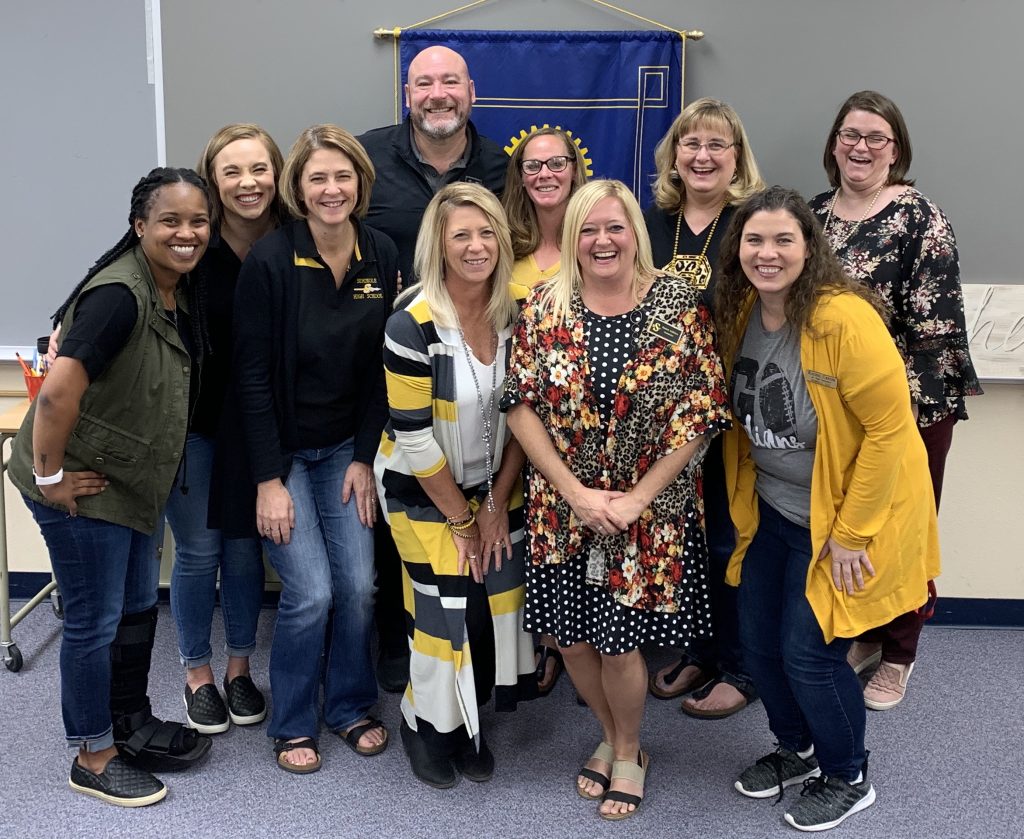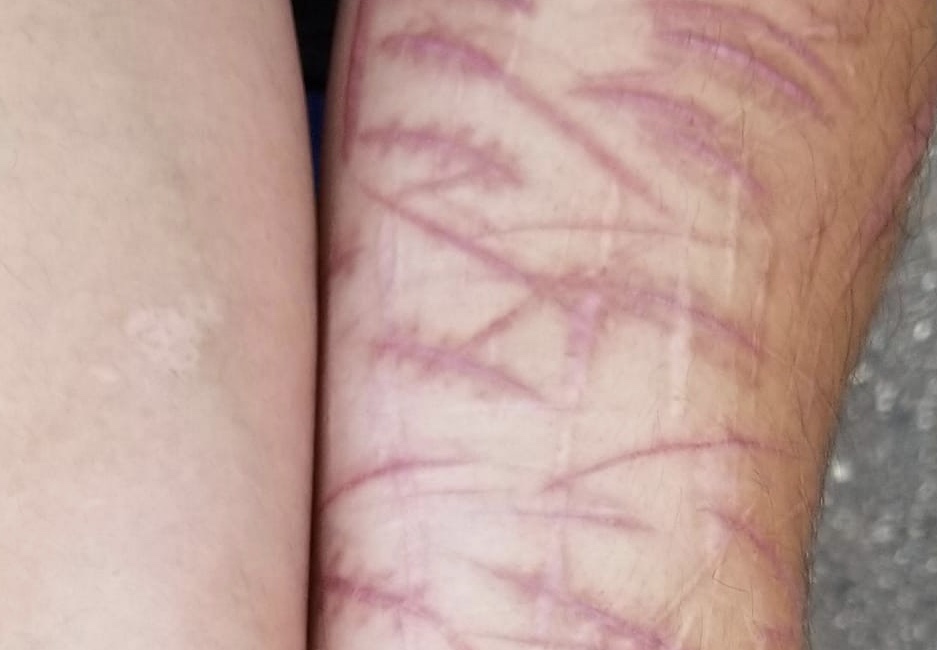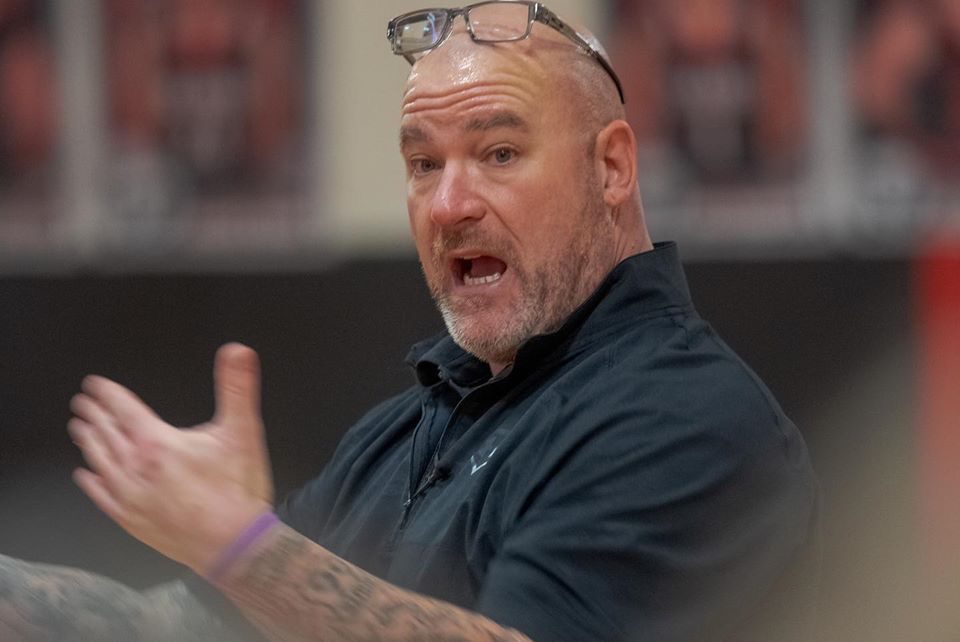Navigating Teen Life with Purpose: A Guide to Authentic Living

Jeff Yalden’s dynamic approach and unwavering support, Jeff empowers teens to navigate the ups and downs of adolescence with confidence and resilience.
“Unlocking Youth’s Potential: The Four Agreements as a Practical Guide to Transform Their Lives”

It’s a self-help guide that provides straightforward principles for leading a more fulfilling and peaceful life. These four agreements serve as a practical roadmap, offering four simple rules for achieving greater happiness and tranquility.
“Enhancing Teaching Practices: Building Trust and Connection with Students”

Best classroom practices for teachers to engage with their students. 10 Most Common Mistakes Teachers Make
Teens and Self-Harm

What you need to know about teens and self-harm. A major concern today with school counselors asking a lot of questions as their middle school and high school students are coming to them asking for help.
High School Student Suicide 48 Hours Before My Visit

On December 14, 2022, I was invited to speak at South Newton High School in Indiana. 48 hours prior to my visit a high school junior had made that forever decision. He committed suicide. Just 48 hours prior to me visiting the school. It was a late Sunday night that he took his life. The […]
Parents and Teen Mental Health
Youth Mental Health and Teen Motivational Speaker Jeff Yalden shares a message for parents about teen mental health and social pressures teens face today.
Rochester & Rochester Hills School Communities
Rochester and Rochester Hills School Communities have suffered five teen suicides in two years. They’ve asked Jeff Yalden to speak to the community: Teens and Parents.
High School Mental Health Speaker Brings Motivation, Dodgeball, Humor, and Yoga to Upper Scioto Valley
Last year, high school mental health speaker Jeff Yalden visited Upper Scioto Valley High School in McGuffey, Ohio and spent a full day speaking to the students, teachers, and parents. During his visit, Jeff connected with the junior class and developed a relationship with them via Facebook. Watch the video of Jeff’s in 2019. (Click […]
Teen Suicide Behaviors and Responding in a Crisis
“Teen Suicide Behaviors and Responding in a Crisis” is written by Jeff Yalden and provided for school communities to help save lives and teach mental health in our schools. Teen Suicide is an epidemic today concerning school communities. Know suicidal behavior and warning signs of suicidal ideation and how to respond in the event of […]
It’s Never Too Early to Talk Mental Health and Suicide Prevention
In my career as a youth motivational speaker, it’s not often that an elementary school brings me in to speak – especially in the areas of mental health and suicide prevention. But this was exactly where I found myself early this month in East Quouge, New York – a community on Long Island. […]

